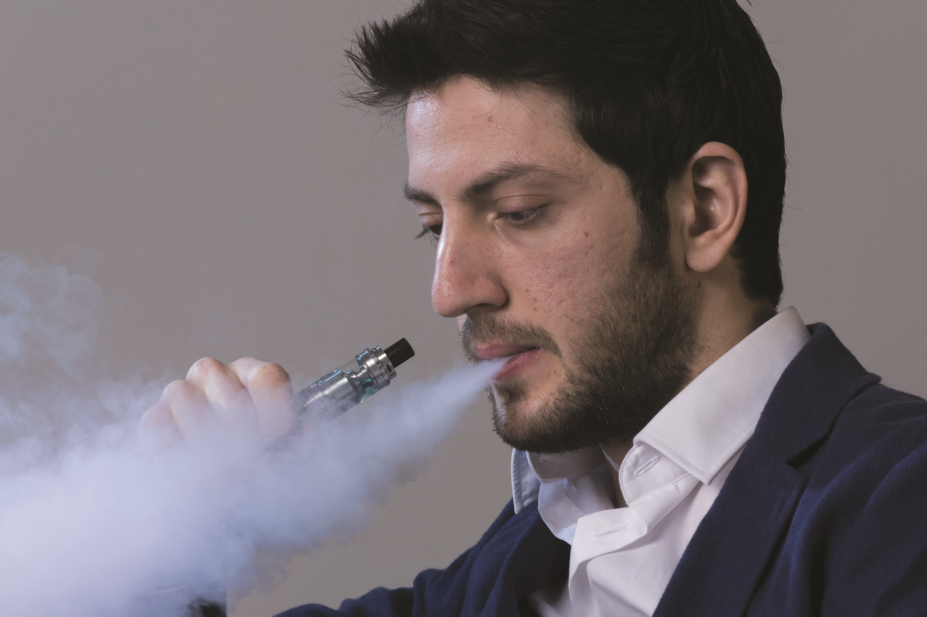
Shutterstock.com
E-cigarettes and nicotine replacement therapy are less toxic and safer if used instead of conventional cigarettes, according to research published in Annals of Internal Medicine
[1]
(online, 6 February 2017).
People who swapped smoking regular cigarettes for e-cigarettes or nicotine replacement therapy (NRT) for at least six months had much lower levels of toxic and cancer-causing substances in their body than people who continued to use conventional cigarettes, the researchers found.
They based their conclusions on an analysis of five groups of smokers — people who used combustible cigarettes only; former smokers who had used only e-cigarettes for more than six months; former smokers who had used only NRT for more than six months; people who were long-term users of both combustible cigarettes and e-cigarettes and people who used combustible cigarettes and NRT. Each group was made up of 36 or 37 smokers; the total number of study participants was 181.
Participants’ urine and saliva samples were analysed for biomarkers of nicotine, tobacco-specific N-nitrosamines (TSNAs), and volatile organic compounds (VOCs).
The researchers found that people who only used e-cigarettes or nicotine replacements had lower levels of TSNAs and VOCs than either those who only smoked combustible cigarettes, those who used both combustible cigarettes and e-cigarettes, or those who used both combustible cigarettes and nicotine replacement. Participants who only used e-cigarettes had lower levels of 4-(methylnitrosamino)-1-(3-pyridyl)-1-butanol) than all the other groups, including the nicotine replacement-only users. Participants who used combustible cigarettes either on their own or in combination with NRT or e-cigarettes all had largely similar levels of TSNA and VOC metabolites.
References
[1] Shahab L, Goniewicz ML, Blount BC et al. Nicotine, carcinogen, and toxin exposure in long-term e-cigarette and nicotine replacement therapy users: a cross-sectional study. Annals of Internal Medicine. doi/10.7326/M16-1107
You may also be interested in

Smoking cessation medicine cytisine to be available in January 2024, distributor confirms

Scottish government considers nicotine addiction treatment for children aged under 12 years
